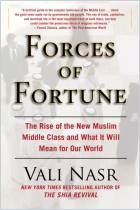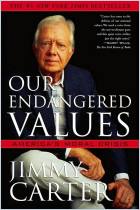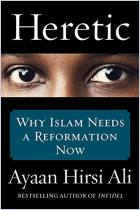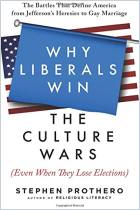Join getAbstract to access the summary!

Join getAbstract to access the summary!
Malise Ruthven
Fundamentalism
A Very Short Introduction
Oxford UP, 2007
What's inside?
How the ideas of the pivotally important fundamentalism movement are confronting and shaping
Recommendation
Don’t be deceived by how short this book is. It is an intellectual powerhouse that cleverly presents the major developments and nuances of fundamentalism in its varied religious, political and social forms. Author Malise Ruthven is an exceptional guide on this semantic, religious and social journey as he delves into uncharted territories that a casual reader would never even begin to think are related to this complex subject. In this provocative book, Ruthven draws amazing links among conceptual beliefs and modern issues, including globalism, feminism, nationalism, modernism and politics. Given how well this little gem sustains its high level of intelligent investigation, getAbstract recommends it to readers intrigued by the subject. Even if you know what the newspapers say about fundamentalism, you will learn something here.
Summary
About the Author
Scholar Malise Ruthven has taught at universities on both sides of the Atlantic. A Cambridge Ph.D. and a former scriptwriter with the BBC Arabic and World Services, he is a renowned commentator about Islam and the Arab world.




















Comment on this summary